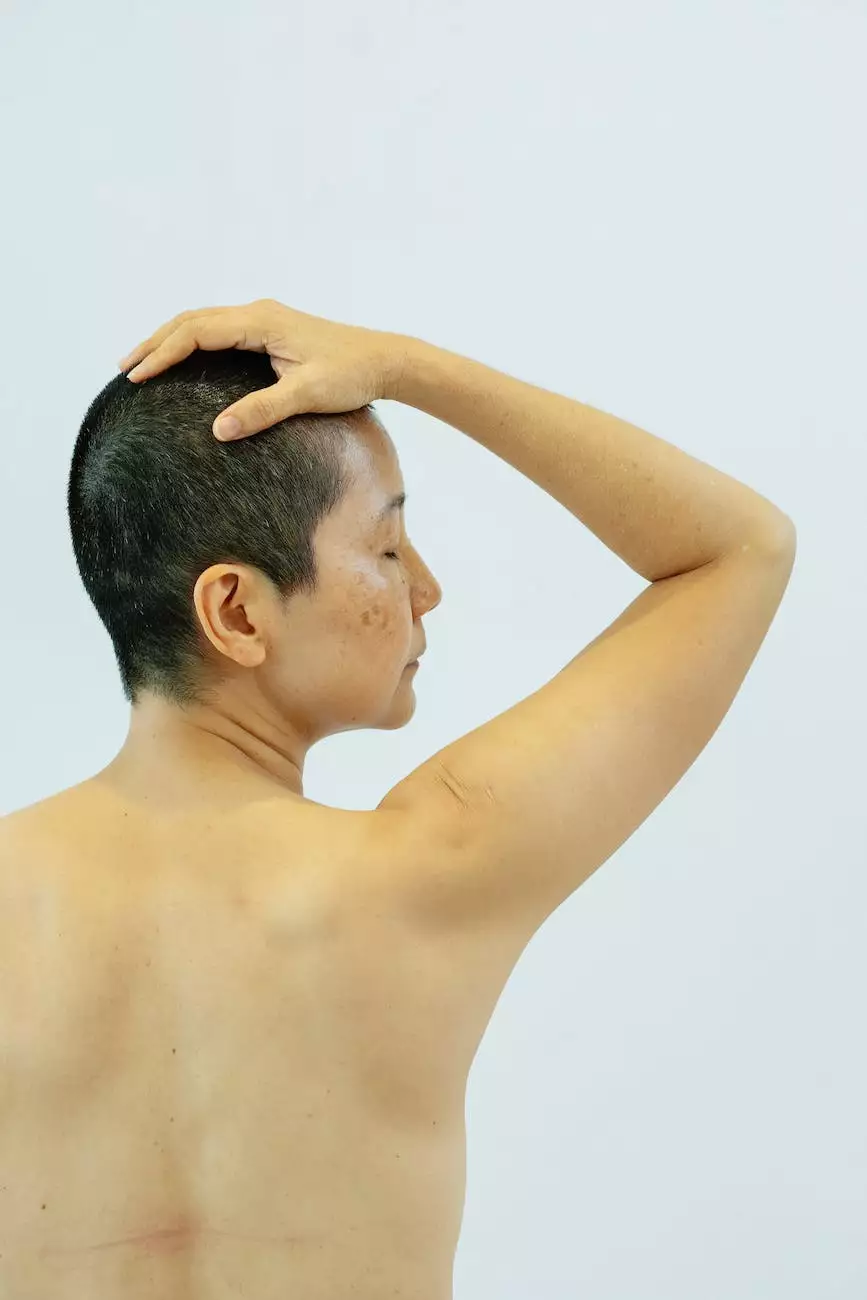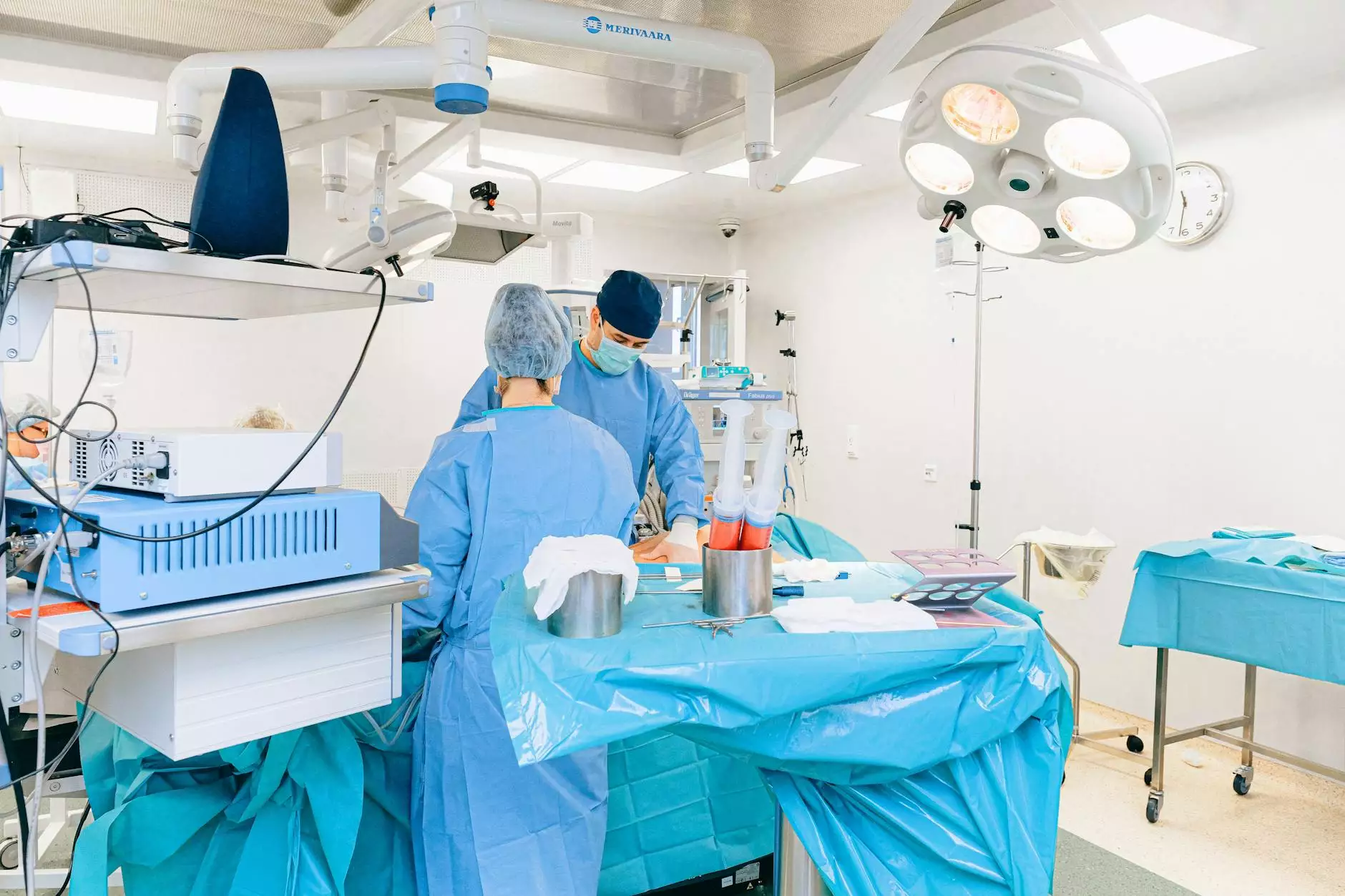Neuromuscular Disorders

Introduction
Welcome to the page dedicated to Neuromuscular Disorders, provided by Foley James D MD. Our goal is to provide you with comprehensive and up-to-date information about different neuromuscular disorders, their symptoms, causes, diagnosis, and treatment options.
Understanding Neuromuscular Disorders
Neuromuscular disorders are a group of conditions that affect the nerves and muscles, leading to weakness, numbness, or motor impairment. These disorders can be genetic, acquired, or of unknown origin.
Common Types of Neuromuscular Disorders
There are several types of neuromuscular disorders, each with its own distinct characteristics. Some of the most common ones include:
- Spinal Muscular Atrophy (SMA): SMA is a genetic disorder that affects the control of muscle movement. It typically manifests in infancy or early childhood, causing muscle weakness and atrophy.
- Muscular Dystrophy: Muscular Dystrophy is a group of genetic disorders characterized by progressive muscle weakness and degeneration. Duchenne Muscular Dystrophy (DMD) and Becker Muscular Dystrophy (BMD) are just a few examples of this condition.
- Myasthenia Gravis: Myasthenia Gravis is an autoimmune disorder that affects the neuromuscular junction. It leads to muscle weakness, often starting with the muscles that control eye movements and facial expressions.
- Charcot-Marie-Tooth Disease (CMT): CMT is a hereditary disorder that affects the peripheral nerves. It causes weakness and sensory loss in the limbs, leading to difficulties in walking and coordination.
Symptoms and Diagnosis
The symptoms of neuromuscular disorders can vary widely depending on the specific condition and its progression. However, common symptoms may include muscle weakness, fatigue, muscle cramps, twitching, and poor coordination.
Diagnosing neuromuscular disorders usually involves a combination of physical examinations, medical history review, and specialized tests. These tests may include electromyography (EMG), nerve conduction studies, genetic testing, and muscle biopsies.
Treatment and Management
While there may not be a cure for many neuromuscular disorders, various treatment options can help manage symptoms, slow disease progression, and improve quality of life. The treatment plan will depend on the specific disorder and individual needs but may include:
- Physical Therapy: Physical therapy exercises can help improve muscle strength, flexibility, and overall mobility.
- Medications: Certain medications may be prescribed to manage symptoms, reduce muscle spasms, and control pain.
- Assistive Devices: Depending on the severity of the condition, assistive devices like wheelchairs, braces, or communication aids may be recommended to enhance independence and daily functioning.
- Surgery: In some cases, surgery may be necessary to correct skeletal deformities or release tight muscles.
- Supportive Care: Psychological counseling and support groups can be invaluable for individuals and their families, providing emotional support and guidance.
Contact Foley James D MD for Neuromuscular Disorders
If you or your loved one is experiencing symptoms of a neuromuscular disorder, it is essential to seek professional medical help. As a trusted practitioner in the field, Foley James D MD is dedicated to providing specialized care to patients with neuromuscular disorders.
Contact Foley James D MD today to schedule an appointment and learn more about the treatment options available for your specific condition.
Disclaimer: This page is intended for informational purposes only and should not be considered medical advice. Always consult with a qualified healthcare professional for proper diagnosis and treatment options.










